The beauty of publishing in the twenty-first century is almost anyone can publish their thoughts and share them with the world. Even though publishing is still a very privileged industry, I’d still say that independent publishing has democratized the process of communicating to the masses. This is a good thing.
Now that it is so much easier to publish, however, it is even more difficult for authors to write a book that truly stands out from the pack. It’s especially difficult for authors that want publish self-help books. Frankly speaking, there are not that many “secrets,” “core truths,” or step-by-step programs that are yielding original ideas.
So how does an author writing a self-help book with a new message to share rise above the rest?
Accept that most likely your self-help book idea solution is not original—but your delivery should be. Ugh, I hate to tell you this but your approach to how to overcome your issue has probably been written before. Don’t rack your brain trying to retell it. What will distinguish your book from others is your story and how you tell it. The greatest self-help books are carefully crafted stories that are grounded in both empirical experience (2) and research (6). Read up on the elements of fiction to tell an effective story.
Don’t just tell us what to do. Tell us who you are: I’ve read many early drafts of self-help books where the authors spend too much time telling the readers the secret sauce but haven’t spent any time telling the author who they are and what they’ve been through.
Don’t hide your truth and don’t hide what you’ve been through. It’s not dirty laundry—it’s what makes you an authority on this subject. How do you know if you missed the mark? If you deleted everything that felt too private, too close to home, it’s time to rewrite. Which leads me to my next point…Don’t try to be the Second Coming: What do we love about Ted Talks? They are highly-polished yet raw stories about transformation. The bestselling memoirs and self-help books don’t present sinless authors. They’re real.
Some authors, in an attempt to demonstrate their authority on the subject, begin to exhibit what I’ll call the Messiah-complex in their writing. You’ve seen it: “Your life is awful but me, awesome author, has the secret to transforming your life. And by the way, my life is now perfect.” This isn’t the 3 AM prosperity gospel infomercial—this is your life. You may want to inspire hope in your readers but at worst, a perfect arrival can come across as over-sanitized, which will leave your readers wondering what you didn’t tell them. At the end of the book, we should know what your insecurities were, how you’ve overcome them, what you’re still working on, and how else you’d like to grow.Okay, now tell us what to do: Okay, after you’ve shared your soul with us, give us some concrete things to do to apply what you’ve taught us. Give us some lists, reflection questions, exercises, meditations, affirmations—something. You wrote a book to change someone’s life. Too much theory and not enough application will leave your students underdeveloped and your dream unfulfilled.
Avoid using absolutism: Your experience is your experience—no one else’s. So use “always,” “never,” “all,” and otherwise general statements carefully. Your readers will appreciate the nuanced approach.
Substantiate your claims: I recently saw a Facebook post written by another editor whose new author client didn’t want to use any citations for her claims because they take too much time to manage. I saw an ad from an author looking for an editor that would help her do the research that would back up her claims she had already written in her book.
For some reason, some people believe that self-help books don’t need the same level of anti-plagiarism scrutiny and citation formality as academic books. In fact, I believe the standard is higher. In academic circles, there are ideas that are fairly common knowledge that may be acceptable not to cite (but you still should to be safe) because academicians are communicating with their peers with similar backgrounds. It’s not the same for self-help authors. Do your research. Your readers will see you as more credible and you work will be much more polished.
Don’t know if you’ve done all of this? Or, you know you haven’t but want some advice about how to fix it? Contact me for some self-help book developmental editing assistance.


